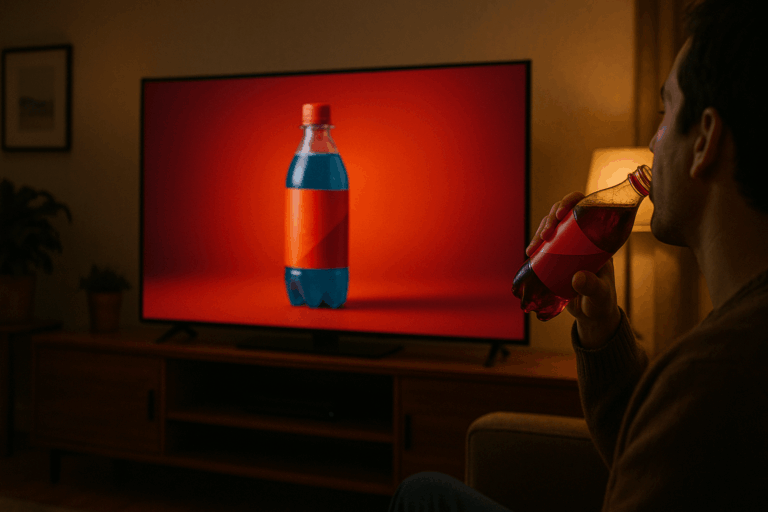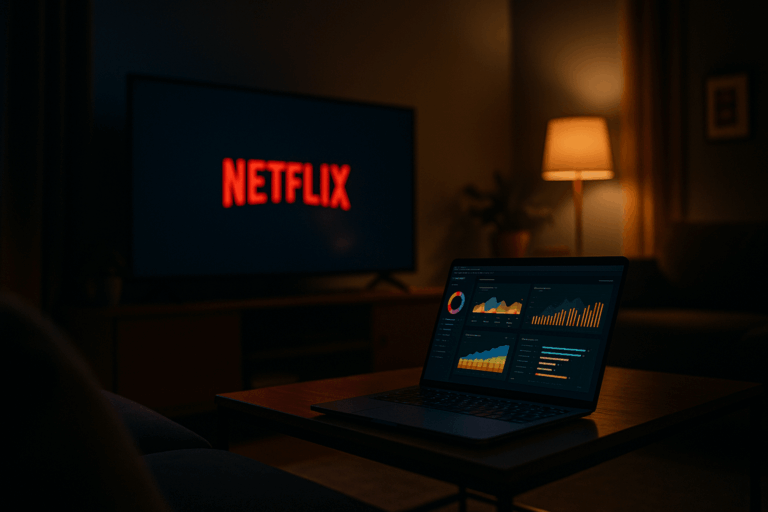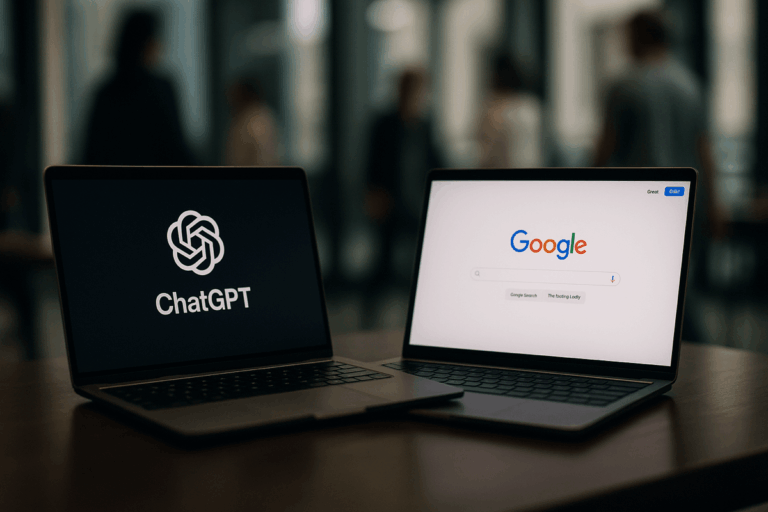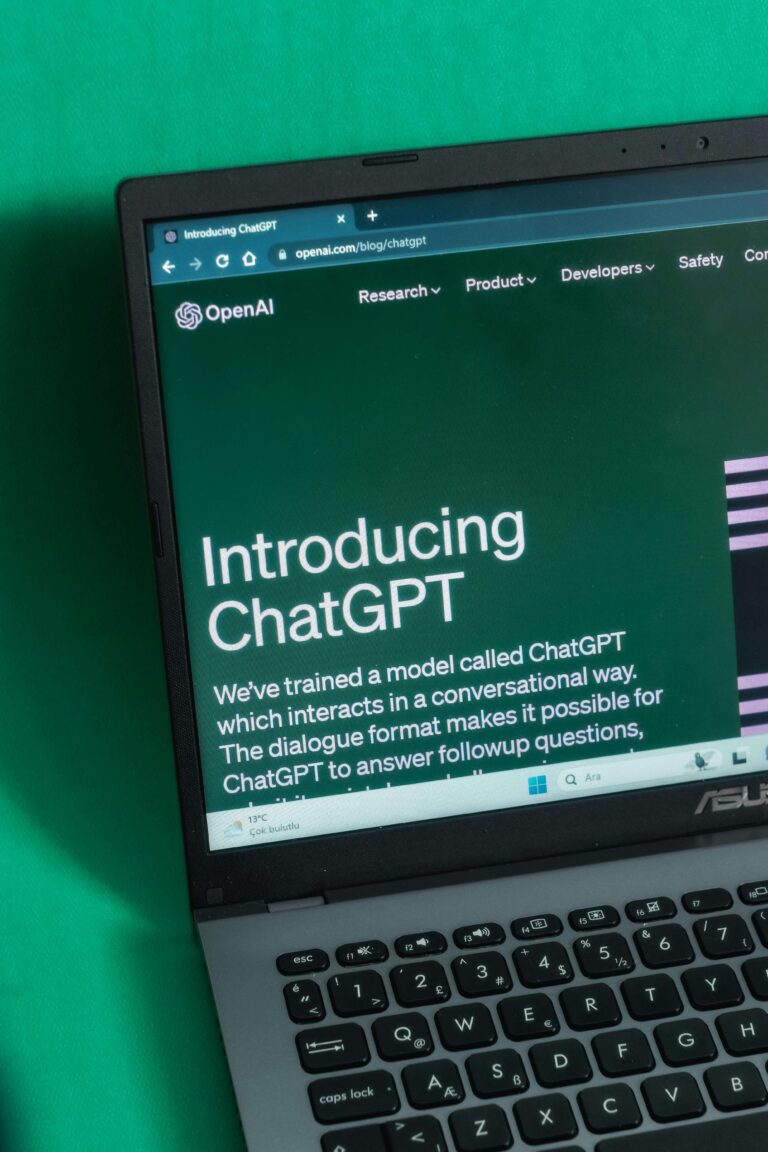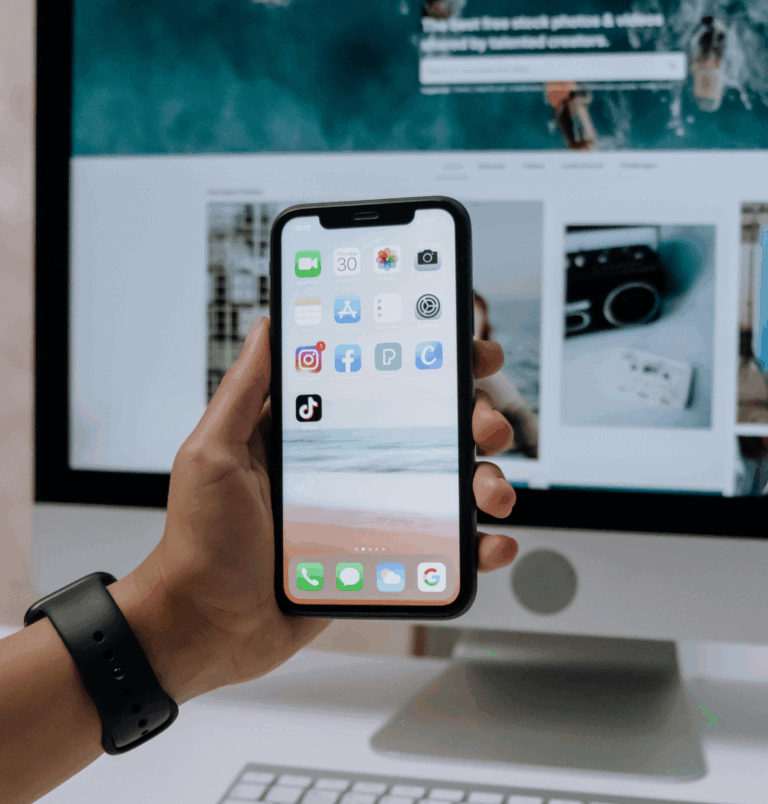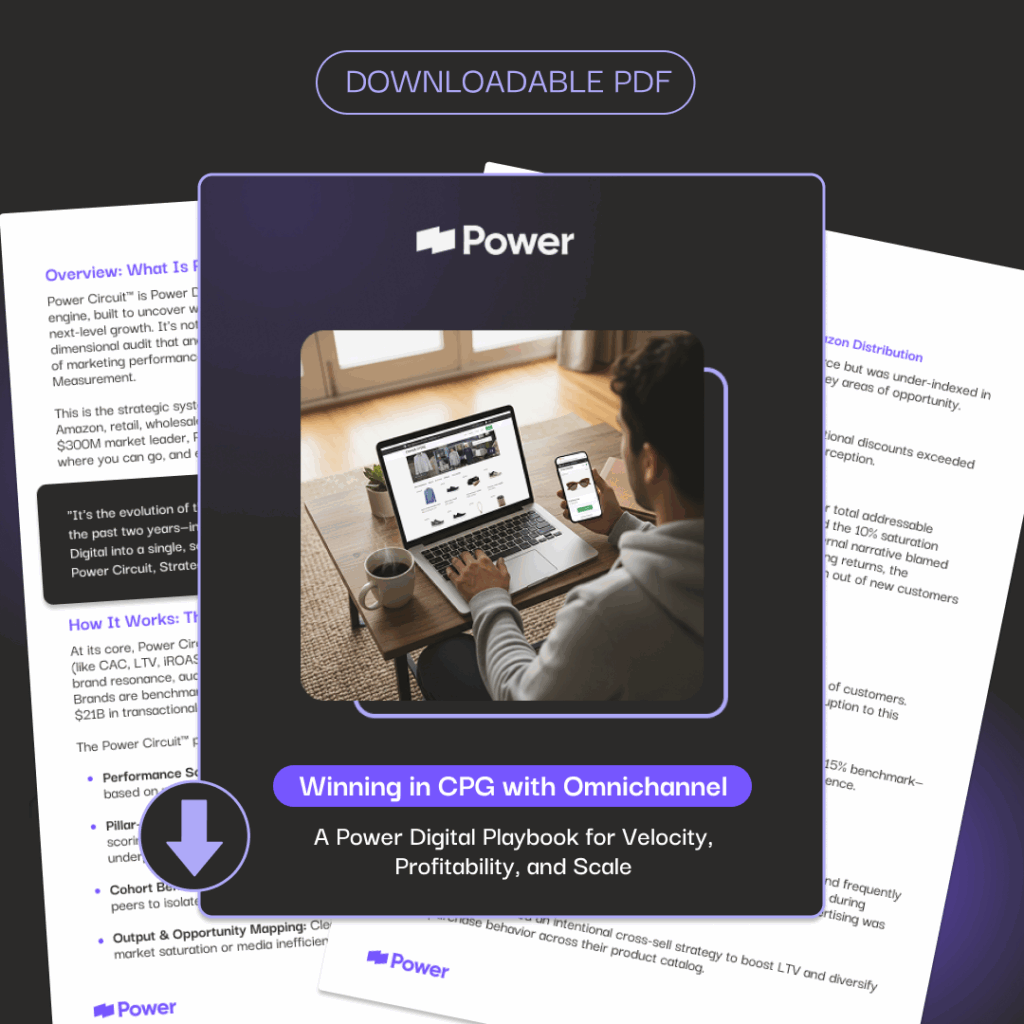Four Levers You Need to Pull Right Now or Waste Millions on Facebook

According to a research study from Nielsen and Meta, there are four key levers for driving media impact. These are:
- Creative
- Frequency
- Campaign duration
- Reach
The study looked at three years of Media Mix Modeling (MMM) across a range of consumer packaged goods (CPG) brands, analyzing the incremental effect Facebook ads had on total business revenue. Interestingly, the study found that 57% of media impact is driven by factors “outside a brand’s control.” But, the remaining 43% was largely driven by the four levers (creative, frequency, duration, and reach).
Campaigns are a marathon — not a sprint
Here are some of the thought-provoking findings:
- A frequency of 2.25x per week was 80% more effective than a frequency of 1x per week.
- No surprise, but having “high quality” creative drove 35% greater impact.
- Running a continuous campaign for 50 weeks was 65% more effective than running a short flight of 10 weeks.
- The more people you reach (up to a point) the greater the effect: reaching 15% of the population was 35% more effective than reaching only 1%.
In marketing planning, we often talk about creative, frequency and reach (in that order) as being the most important drivers of incrementality. This study essentially corroborated what planners have known since the 50s: prospects have to see a compelling message multiple times (over a long period of time) in order to become customers. It makes perfect intuitive sense, but this kind of humanistic approach to marketing is often overlooked in today’s preferred method of deterministic attribution and “cast as wide of a net as possible to inform the algorithm.”
Many brands run campaigns in very short sprints (sometimes less than a week) with a huge variety of creatives in order to “test and quickly optimize.” This study proves otherwise by backing it up with the raw math: brands need quality creative (not quantity), and that repeat frequency over the course of nearly a year is crucial. Brand recognition, affinity and positive value association all take time to create a clear value for the end user. Even if in-platform data says that some fresh ad is “performing best,” don’t be led astray from the human-first approach of product > audience > message.
How brands can improve media impact
The recommended action items coming out of this study include:
1. Audit brand creative.
No, really. Ensure that creative is as powerful, clear and compelling as it can be. Even if the first thought is “ehhh, maybe?” then the answer is “no.” Go fix it. (As a good place to start, learn everything about the ideal customer and how they prefer to be communicated with).
2. Review reach and frequency.
Is the average account-level frequency over the last 30 days less than 8 (2x per week for four weeks)? If this is the case, then the brand is probably spreading itself too then. Is the campaign reaching more than 40 million unique users (that’s more than the recommended 15% max reach of the US adult population)? If so, again, the brand is probably reaching too many people. Here’s how to tighten this up:
- For one, add audience targeting (shocking and controversial, indeed). If brands narrow their focus to a specific set of characteristics, it might tank in-platform performance, but it will significantly increase the frequency and get the brand in front of the same users more often.
- Focus campaigns on certain key geos that over-index for a target audience (this one can get tricky and has gross impacts on CPMs, so, not a great solution unless a brand is comfortable with buying non-optimized brand awareness media)
- Flow prospects into an ad funnel that moves them from cold, to warm, to hot. It’s pretty easy to do with video retargeting campaigns, which allows brands to budget more heavily across the warmer/hotter audiences and increase overall frequency.
3. Run evergreen campaigns.
Stop turning campaigns on and off; leave them alone. Audiences need continuity, over a long period of time, with consistent frequency across high-quality creatives (albeit with some variety in execution but consistent brand messaging and value props). Stop worrying about “ad fatigue” too much and just leave a core, foundational program on 24/7/365.
4. Most importantly: test and scientifically measure.
Additionally, become familiar with terms like “incrementality,” “matched market testing,” “media mix modeling” and “marketing science.”
A quick caveat: this multi-year study is specific to a variety of CPG brands, which are likely more “mature” and therefore more well-known and easier to purchase at various venues (in-store, online, through a retailer, etc). These findings might not be as pertinent for startups, niche products, or e-commerce-only shops that focus on demand capture for a narrow audience. That being said: at their core, these principles should work across most businesses.
If you’re searching for a partner to help drive media impact, look no further. Send us a quick note and we’ll be in touch.
Our Editorial Standards
Reviewed for Accuracy
Every piece is fact-checked for precision.
Up-to-Date Research
We reflect the latest trends and insights.
Credible References
Backed by trusted industry sources.
Actionable & Insight-Driven
Strategic takeaways for real results.


